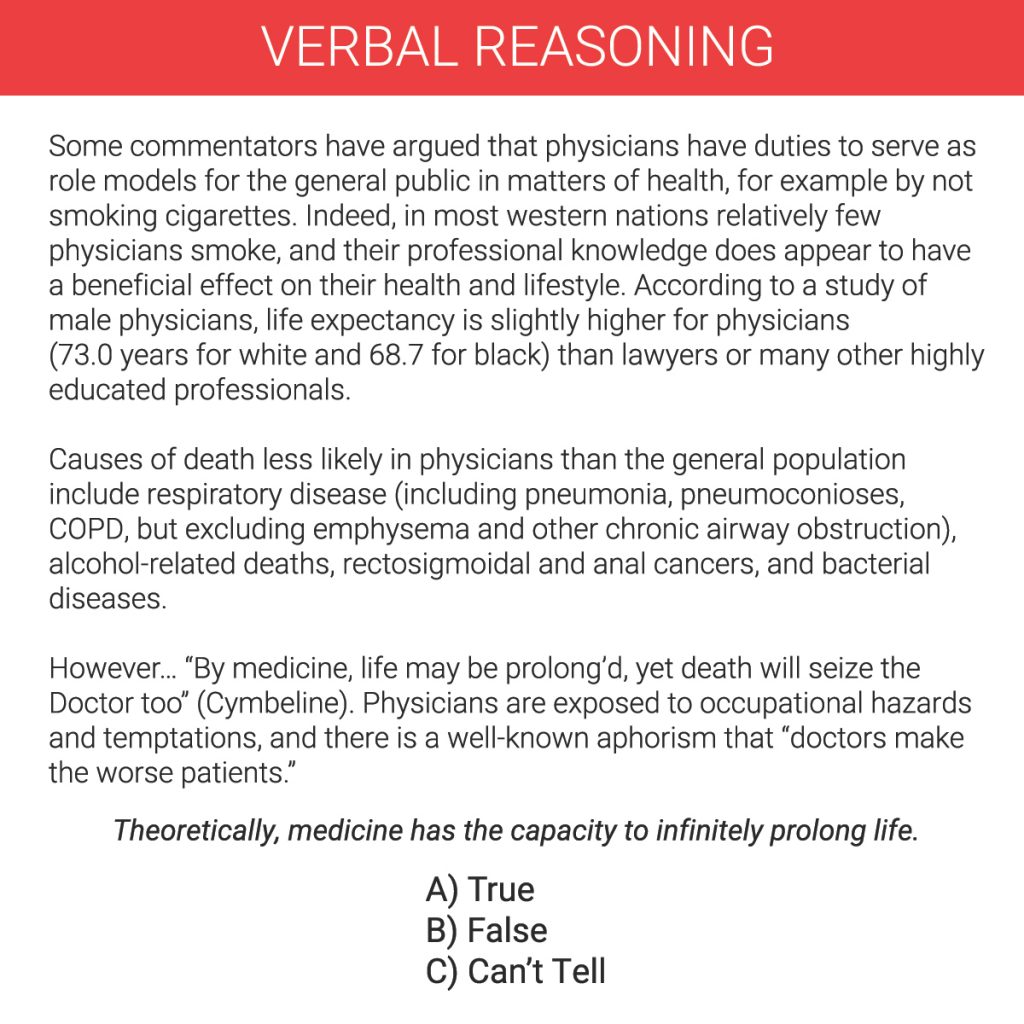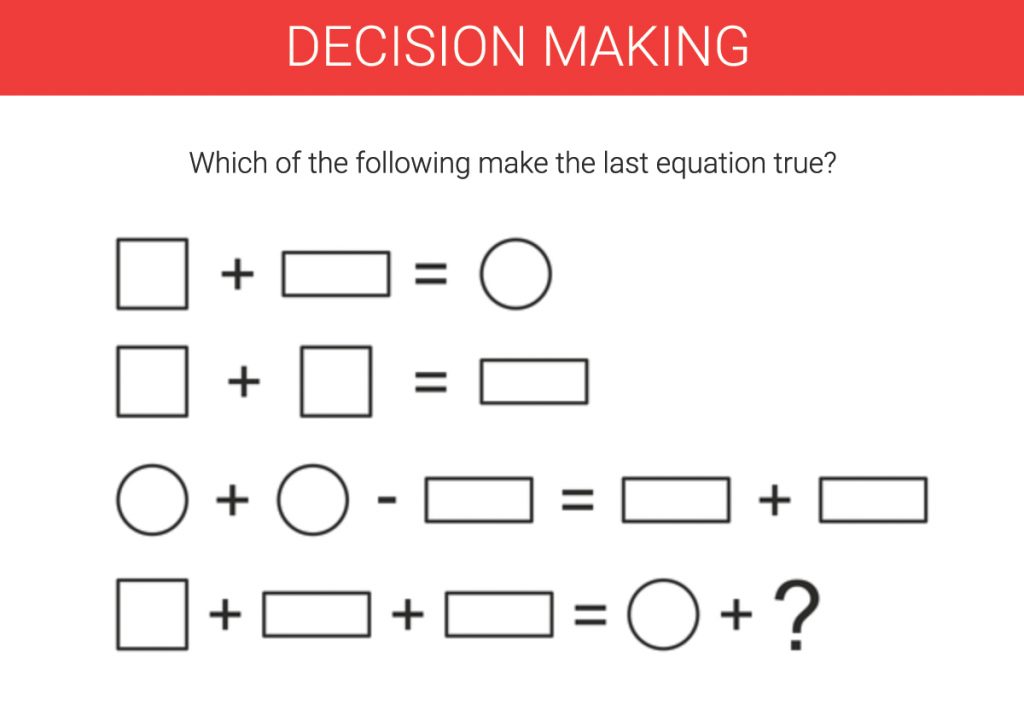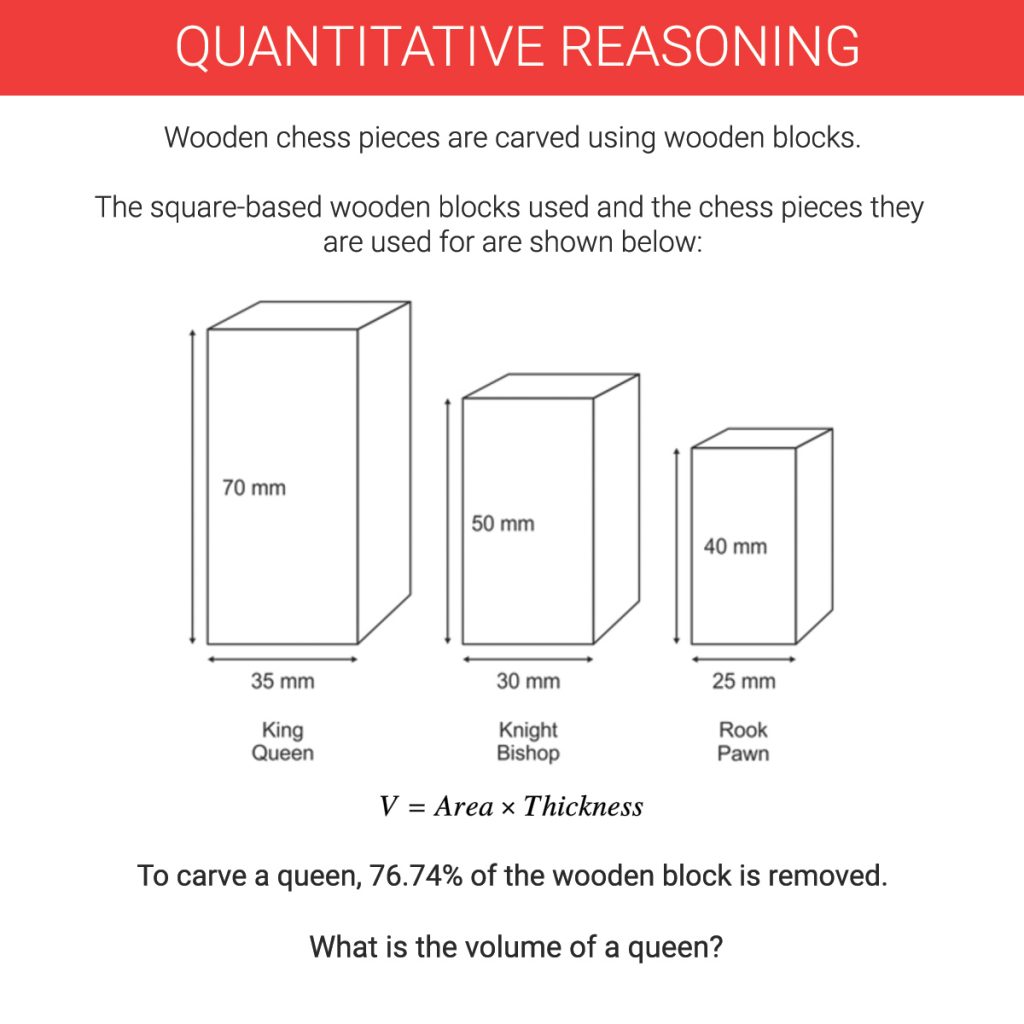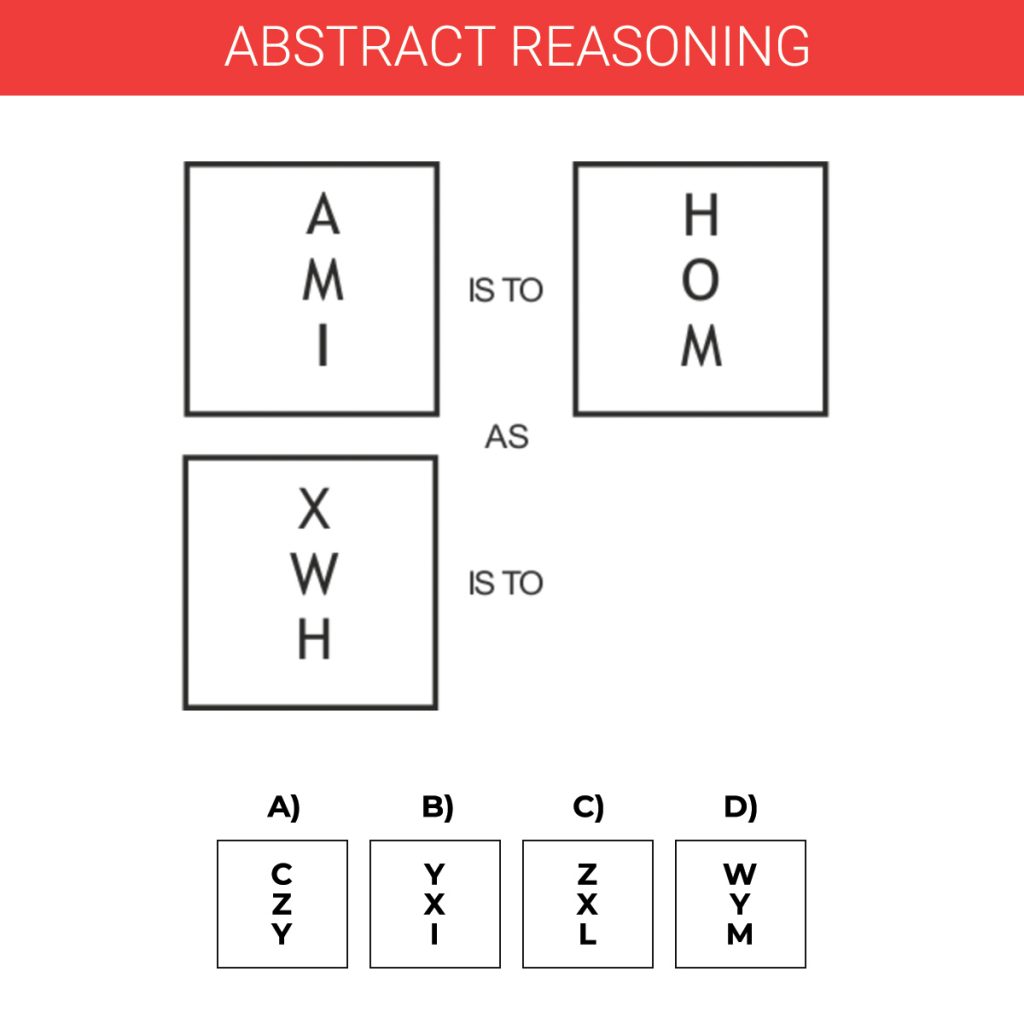
5 MIN READ
What Is The UCAT, And Do I Need To Sit It?
Need some clarification about the UCAT Exam? We break each section down for you, and answer all your burning questions.
What is the UCAT Exam?
The University Clinical Aptitude Test (UCAT) is an admissions test used by a consortium of universities in Australia (and New Zealand) for their medical and dental programmes. As its name suggests, it is used as an essential selection criteria for students looking to enter Medicine and Health Science degrees.
Without a high UCAT score, you won’t be able to enter these courses.
According to the official website, the UCAT assesses a range of abilities identified as important by university medical and dental schools for success in their programmes or courses, and later as a clinician.
The UCAT does not contain any curriculum or science content. It focuses on exploring the cognitive powers of candidates and other attributes considered to be valuable for health care professionals.
Note: Universities look across all three criteria – ATAR, UCAT and the final Medical Interview. A higher UCAT score can offset a lower ATAR, but you will still need to do relatively well in both of them.
Who needs to sit the UCAT?
Every year, MedStart publishes a UCAT Admissions Guide that outlines the exact courses that require the UCAT and requirements for those courses.
Generally speaking, any Australian or New Zealand student who wants to study the following Undergraduate courses, must sit the UCAT:
- Medicine
- Dentistry
- Health Sciences
How is the UCAT structured?
The UCAT is an online exam in a multiple choice format, held in the month of July. Once registrations are open, students can choose the date in which they will sit their exam.
Its purpose is to assess a range of abilities identified by university Medical and Dental schools. There is no set curriculum content as the test examines innate skills – think about it as an aptitude test.
The format of the UCAT can be broken down into the following subtests:
Verbal Reasoning
 Assesses the ability to critically evaluate information presented in a written form
Assesses the ability to critically evaluate information presented in a written form
Decision Making
 Assesses the ability to make sound decisions and judgements using complex information
Assesses the ability to make sound decisions and judgements using complex information
Quantitative Reasoning
 Assesses the ability to critically evaluate information presented in a numerical form
Assesses the ability to critically evaluate information presented in a numerical form
Abstract Reasoning
 Assesses the ability to identify patterns amongst abstract shapes
Assesses the ability to identify patterns amongst abstract shapes
Situational Judgement
(insert pic of practice question)
Understanding real world situations and to identify critical factors and appropriate behaviour when dealing with them.
What happened to the UMAT?
From 2019, the UCAT ANZ replaced the UMAT (Undergraduate Medicine and Health Sciences Admission Test), which was previously used by the UCAT ANZ Consortium member universities.
Although the format of the exam has changed, the purpose is still the same as an aptitude test.
What’s the difference in exam-style between the HSC/VCE and the UCAT?
The UCAT is a skills-based exam whilst your school leaving exams (Mathematics, English and the Sciences) are primarily knowledge based.
The purpose of knowledge based exams is to test your memory and reasoning skills. For example, in Mathematics and Science, you will need to recall formula in order to apply it correctly. In such exams, memorisation plays an essential part in scoring top marks.
In contrast, the UCAT is an aptitude exam which tests particular types of thinking rather than relying just on your memory.
There are so many questions, how am I meant to finish the UCAT exam?
With 232 questions and only two hours to complete the exam, you might be thinking it’s impossible to actually finish it! However, the UCAT has been specifically designed so that you won’t be able to complete it.
Knowing how to do UCAT questions is very different to knowing how to do them quickly. You have to be selective and attempt as many questions as you can – but preparation is just another way to keep on track and will be a competitive advantage in the UCAT.
The more questions on each subtest that you practice, the easier that line of thinking will come to you in the final exam.
What this means is that it is extremely beneficial because to not only prepare for the UCAT, but to start your UCAT Preparation as early as possible (yes, even Year 9 students)!
Need some extra help preparing for the UCAT exam? Try our MedStart Masterclass in Sydney (Chatswood, Epping and Hurstville) by clicking here, or join our UCAT Discussion Group on Facebook and gain free access to weekly questions today!
We have a personalised UMAT course for everyone
We’ll help you ace the UMAT with truly personalised classes,
100th percentile UMAT teachers and the best resources.








Comments
Sign In With Facebook To Comment